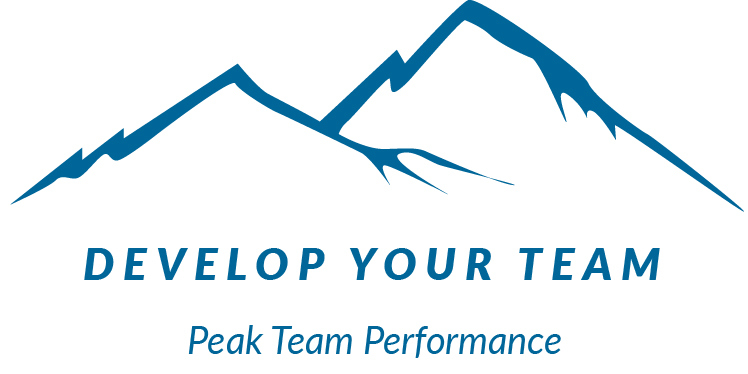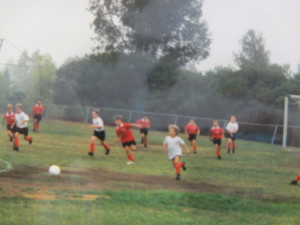I watched the NFL Hall of Fame induction ceremony the other day and was repeatedly struck by how often inductees brought up the roles others had played in their success.
Whether it was family, coaches, or teammates, the theme running through all of the speeches was that the inductee would not have achieved the level of success that he had without these others who played critical roles in that success. Whether it was a leadership philosophy that it takes the whole organization to win, a player’s gratitude for the coach who believed in him, or appreciation for the teammates that put these inductees in a position to shine, the message was clear – a team can achieve great things when everyone contributes.
The value of teamwork is more easily recognized in sports than in other arenas. We understand the need for every member of an athletic team to be working together, leveraging each person’s strengths, to achieve a common goal. Win the game, score the most goals, get more points, go faster than the other team. Outside of sports, the value of teamwork is often overlooked, and yet it matters just as much. Organizations may say it’s important, and even call their work groups “teams,” but the need for purposeful team development is frequently unrecognized or low on the priority list.
I’ve recently been a customer at a local business where teamwork is not evident. The particular individual I’ve been working with is fairly new on the job. No harm there – we’ve all been in that position at one time or another! But in this case there is no evidence that co-workers provide any support or assistance to each other, and the quality of work along with customer service suffers because of it. In contrast, I am a frequent customer at a local restaurant where all of the employees are clearly part of a cohesive and engaged team. It’s apparent in the way they interact with each other, with everyone focused on the same goal of making everything about the customer experience exceptional – from the food to the service to the entertainment.
I’m sure that you can think of positive and negative examples from your own experience, from sports or other areas. What did you notice about the way team members interacted? How did those interactions impact outcomes and the ability of the team to achieve its goals? What about teams that you are part of – are you on your way to the Hall of Fame, or helping someone else get there?


John W
I like the point of the team not helping out the new employee. It’s generally easier for a new team member to join a high performing, cohesive team because everyone wants the team to be successful. As a result, the team members help the new member. From a cost perspective this helps cut the training time and improves efficiencies. In the long run this reduces the costs associated with a new employee/team member. It’s a win-win situation!